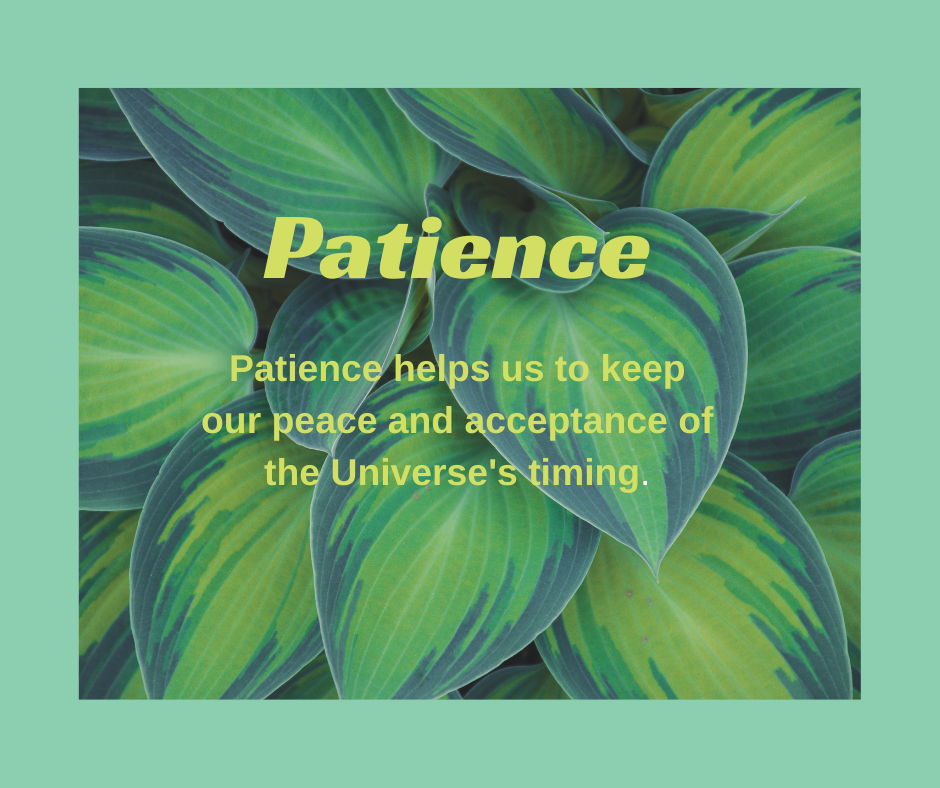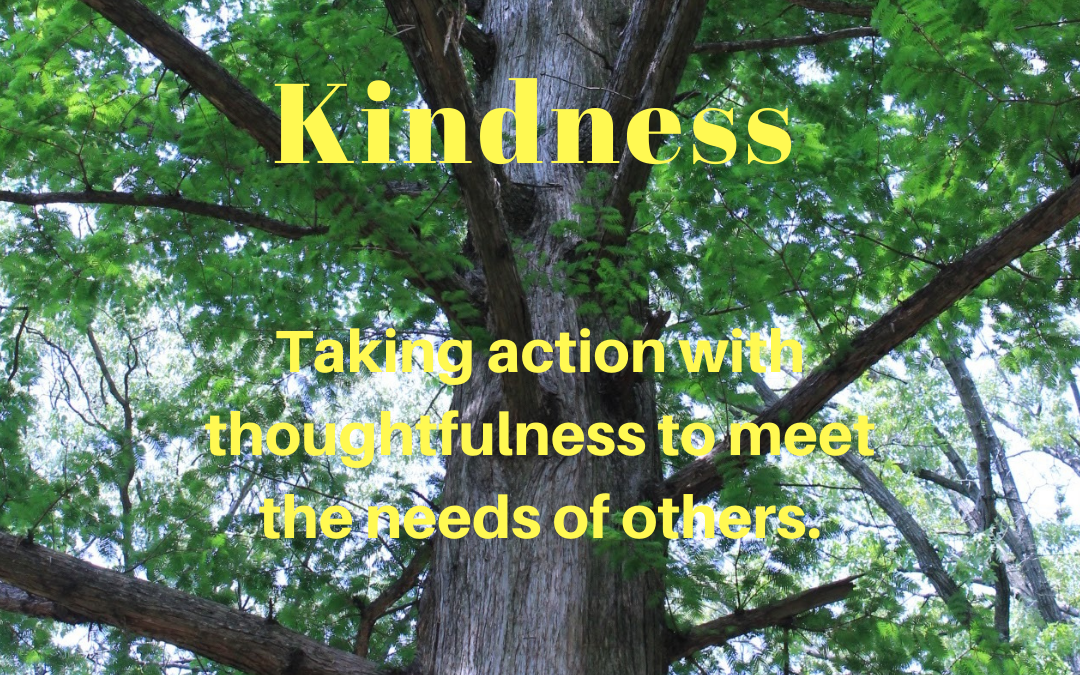
Mercy
Description
Mercy is the grace of extending compassion and forgiveness to ourselves and others. It is the tender willingness to see beyond faults, mistakes, and offenses to the shared humanity within each of us. Mercy is not earned; it is freely given, a gift that transforms both the giver and the receiver.
When we practice mercy, we are moved by the suffering of others and feel a deep desire to ease their pain. Mercy goes beyond justice, offering more than what is deserved. It is a fresh start, a second chance, a reminder that no one is defined by their worst moment. Mercy lets us let go of resentment and judgment, replacing them with understanding and love.
At its heart, mercy requires humility. When we reflect on the countless moments of grace and forgiveness we have received in our own lives, we are reminded of the profound interconnectedness of all people. This awareness softens our hearts, allowing us to extend compassion to others.
To live with mercy is to embody hope. Believing in the possibility of growth, redemption, and renewal is a conscious choice. By offering the gift of mercy, we create a world where tenderness and understanding can heal wounds and inspire the courage to begin again.
Affirmations for Mercy
1. I choose to forgive others, knowing that forgiveness frees my heart.
Forgiveness releases the weight of resentment, making room for compassion and peace.
2. I will treat myself with kindness, even when I make mistakes.
Practicing self-mercy allows for growth and healing, creating a foundation for extending mercy to others.
3. I see the humanity in every person, even those who have hurt me.
Recognizing shared humanity fosters empathy and reduces judgment.
4. I let go of anger and open my heart to understanding.
Releasing anger creates space for connection and healing in relationships.
5. I offer others a fresh start, just as I would want for myself.
Giving a second chance inspires hope and supports mutual respect.
6. I will respond to mistakes with patience and compassion.
Choosing patience over frustration nurtures an environment of learning and trust.
7. I remind myself of the mercies I have received and pass them on.
Reflecting on personal experiences of mercy inspires gratitude and generosity.
8. I approach conflicts with a desire to heal, not to win.
Aiming for resolution rather than retaliation strengthens relationships and fosters harmony.
9. I embrace the power of tenderness to transform pain into love.
Tenderness allows us to soothe wounds and bridge divides.
10. I trust in the possibility of redemption for myself and others.
Believing in the capacity for change encourages a hopeful and forgiving outlook on life.
Quotes
“Mercy is better than revenge; for it is a sign of a gentle and noble soul.” — Marcus Tullius Cicero
“Blessed are the merciful, for they shall obtain mercy.” — Jesus Christ, (Matthew 5:7)
“The quality of mercy is not strained. It droppeth as the gentle rain from heaven upon the place beneath: it is twice blest; it blesseth him that gives and him that takes.” — William Shakespeare
Mercy In Family Life
Mercy in family life shows compassion, forgiveness, and understanding toward one another, even when mistakes or feelings are hurt. It is the willingness to see each family member not just for their actions, but for their intentions and humanity. Mercy allows families to move past conflicts with a spirit of healing and growth rather than holding onto resentment or judgment.
For parents, mercy means guiding children with patience and love, recognizing that mistakes are opportunities for learning, not condemnation. It is modeling forgiveness when your child errs, offering them the assurance that they are valued and loved unconditionally.
For children, mercy means learning to let go of grudges, forgive siblings or parents when conflicts arise, and treat family members with tenderness and empathy. Mercy teaches children that everyone deserves a chance to start anew and that kindness has the power to strengthen bonds.
As a family value, mercy creates an atmosphere of trust and emotional safety. It encourages open communication, nurtures resilience, and helps members grow into their best selves. In practicing mercy, families discover the beauty of grace—the ability to give and receive love even in imperfect moments.
Balancing Mercy
Mercy, when practiced in balance, is a transformative force that fosters forgiveness, understanding, and compassion within the family. However, like any virtue, it can become over- or underdeveloped. When mercy is overly expressed, it may lead to enabling harmful behaviors or neglecting boundaries. Conversely, when it is underdeveloped, it can result in harshness or unforgiving attitudes. Balancing mercy with complementary virtues ensures it remains a source of strength and harmony in family life.
-
-
-
Justice – Ensures fairness by addressing wrongs appropriately while still allowing space for compassion.
-
Discernment – Helps identify when mercy is appropriate and when accountability is necessary for growth.
-
Boundaries – Protects emotional and physical well-being by setting limits on behaviors that may harm family harmony.
-
Patience – Encourages understanding and measured responses, even when forgiveness takes time.
-
Responsibility – Reinforces the importance of learning from mistakes while still extending grace.
-
Honesty – Fosters open communication about how actions affect others, ensuring mercy does not excuse accountability.
-
Self-Discipline – Prevents overindulgence in leniency by balancing mercy with consistent family values and rules.
-
Courage – Allows family members to address difficult truths and stand firm in guiding one another with love and fairness.
-
Gratitude – Reminds everyone of the mercy they have received, encouraging a balanced practice of giving and receiving grace.
-
Respect – Ensures that mercy is offered in ways that uphold the dignity and worth of every family member.
-
-
Balancing mercy with other virtues creates a nurturing environment where compassion and accountability coexist. It teaches both parents and children the value of forgiveness while emphasizing the importance of fairness, growth, and mutual respect. By maintaining this balance, families build strong, healthy relationships that encourage each member to thrive as their best selves.
Joe is a husband, father, grandfather, author, speaker, educator, course creator, and parent/family coach.
He helps parents develop unity, find clarity, communicate, and develop consistency in their parenting with the Four C’s of Successful Families. You can find his work on social media.
In addition, the Four C’s newsletter is enjoyed by many as it encourages parents to self-care, build their relationships with their partners, and raise their children.
And he loves to golf!





